Art Portfolio Development
This program is designed to help learners develop a series of personalized art portfolio pieces meeting university requirements and professional development.
Assisting Learners Acquire Offers From Dream Universities
Portfolio Program Guide
Programs Guide_中文
Portfolio Example
Portfolio Development Process
4.8/5 rating based on over 1000+ reviews
Based on target schools, industry outlook, and interests, learners looking to pursue a degree in applied arts consult with our team to determine the right educational path. As educators, we work closely with our learners and this all starts with a plan.
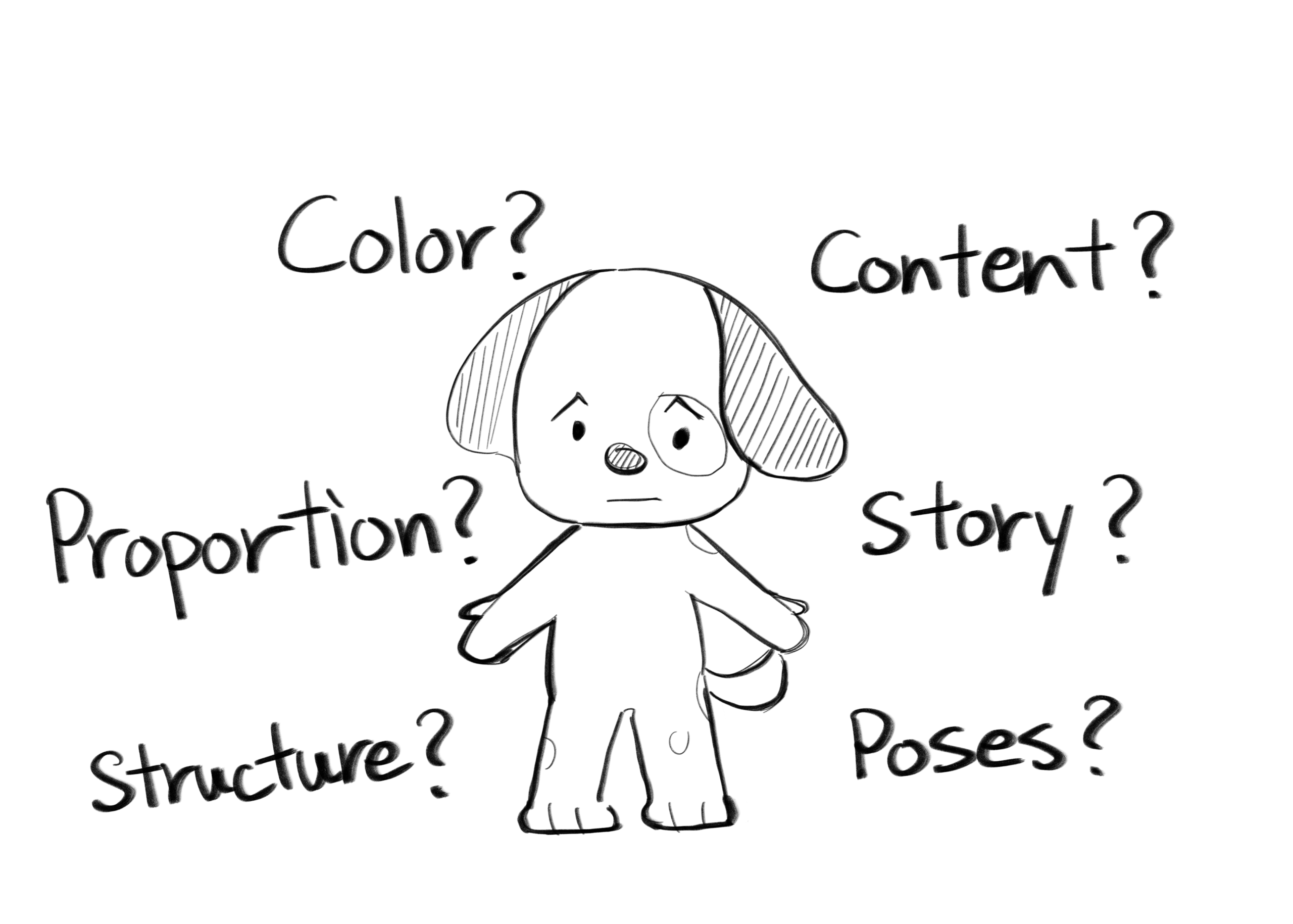
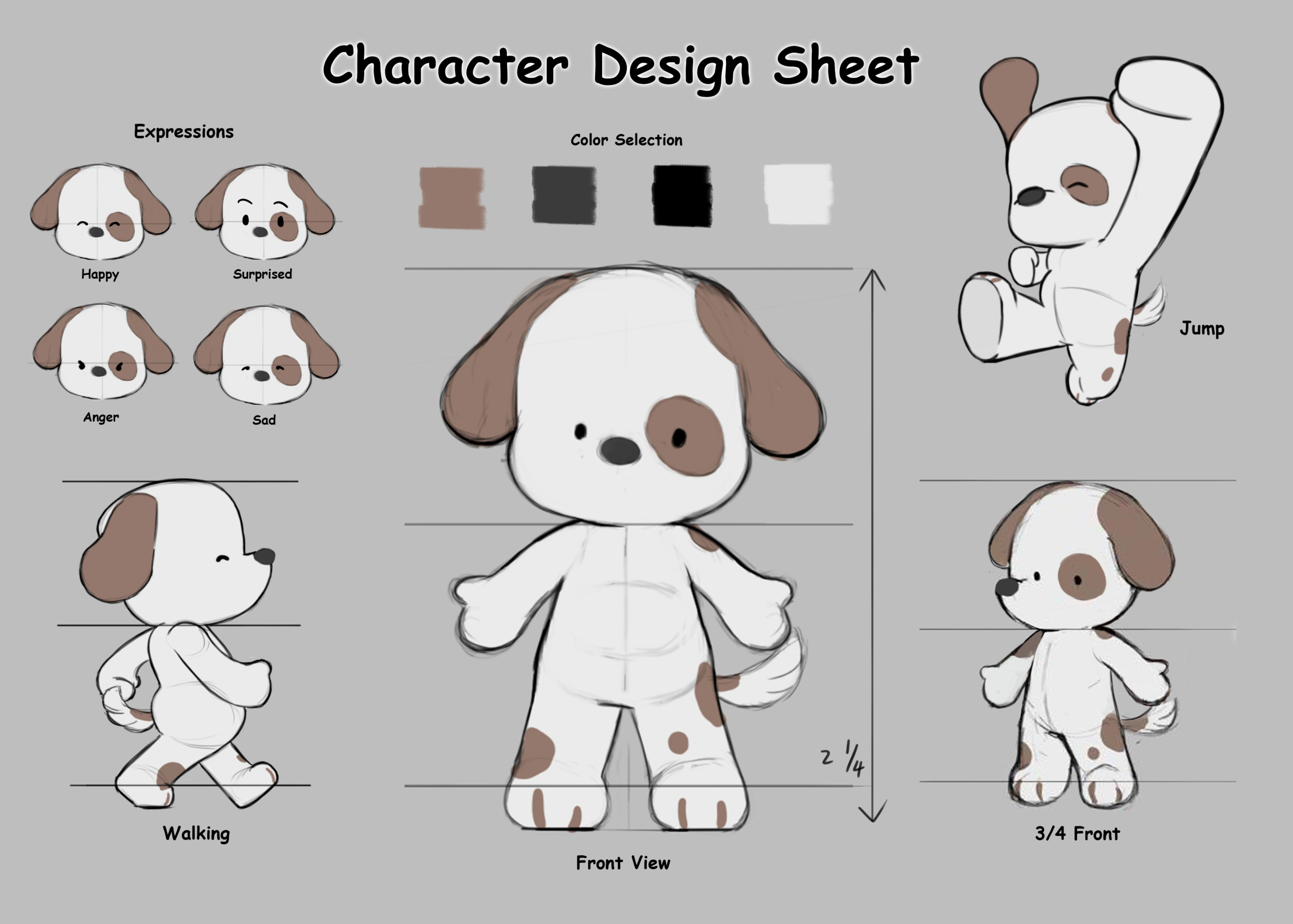
Following the detailed learning plan
classes commences under the guidance of our industry instructors. Each learner will have multiple instructors assigned based on their portfolio composition.
Small Classes Size
- Specialized Instructors
- Direct Constructive Feedback
- Timely Revisions
- Comprehensive Guidance
- Studio Learning Environment
Portfolio Reviews and Admission Seminars
During each recruiting season, we invite university admission departments and host seminars discussing important details including program details, school information, admission advice, and providing feedback on portfolio artworks.
What gets measured gets improved. Since schools hold different admissions requirements for specific faculties, matching the right learning strengths points our learners in the right direction.
Portfolio Compilation
Before submission, portfolio pieces are scanned and uploaded to our central database for processing. With the help of our instructors, the portfolio artworks will undergo several digital edits to ensure lighting, shading saturation and sharpness to reflect the quality of the original work.
Written Component and Application Submission
Finally, it’s time for submission! Students are required to submit written components including written applications, letters of intent and artwork descriptions alongside their portfolio artworks. Our education consultants will be there every step of the way to assist students during the application process.
Program Specific Skill Upgrade
After accepting your major, our industry instructors will provide program specific worksload to improve your abilities to meet first year fundamental artistic requirements ensuring a seamless transition between the studio and your professionl education.
Start Your Journey
🢖 Which Industries and Careers Are Available to Art and Design Students?
With increasing digitalization and globalization we are currently experiencing a shift into a creative economy.
Industries including:
- Animation
- Game Design
- Digital Advertisement
- Digital Entertainment
- Film and Photography,
- Editing & Post Production
- Visual Effects (VFX),
- Web Design,
- User Interface / Experience (UI/UX)
- Industrial Design,
- Virtual Reality/ Augmented Reality
The above listed has experienced exponential growth recently just to name a few. We will likely see this trend continue well into the future. Professional artists make up the backbone of the listed industries and will continue to be a driving force in the formation of the creative economy.
🢖 How Is Technology Changing the Creative Landscape?
With the rapid advancement of technology so does the artist’s repertoire. To remain competitive, artists will need to utilize professional hardware and software to better capture their imagination to scale for market demand. We offer fundamental classes in industry-leading art platforms including Photoshop, Adobe Illustrator, Procreate, and Maya. We equip our learners with all the necessary tools to excel in post-secondary institutions.

Adobe Photoshop

Adobe Illustrator

Procreate

Autodesk Maya

Toonboom Harmony
Adobe Premier
Adobe After Effects

Autocad CAD
🢖 How Do We Know if the Art/Design Pathway Is Right for My Children?
Art and design schools offer an equally competitive alternative to more traditional academics-based institutions in terms of educational quality. Students who wish to build different skill sets with practical applications will enjoy the learning process. Whether in art or academics, we believe in discipline, hard work, and dedication to build the foundation for lifelong success.
🢖 When Should We Start the Portfolio Development Program?
While it is not a prerequisite, students with a strong art foundation will have an advantage before starting portfolio preparations.
Great artworks take time and lots of practice, it is recommended students start portfolio preparations at least 1 year before their university application deadlines.
🢖 Bachelors Degree vs Diploma
A Bachelors Degree is a title awarded after completing a 4+ year university faculty course load. This is a comprehensive learning experience combining academic theories with practical applications. Having this degree is key to other options including Co-Op and Masters.
A Diploma course takes 1 to 2 years to complete and is awarded by an institute, a polytechnic, or even a university. The focus is on developing a student’s practical skills and making them industry-ready. These courses first impart basic theoretical knowledge about the subject in focus and then conduct extensive practical training required in the industry.




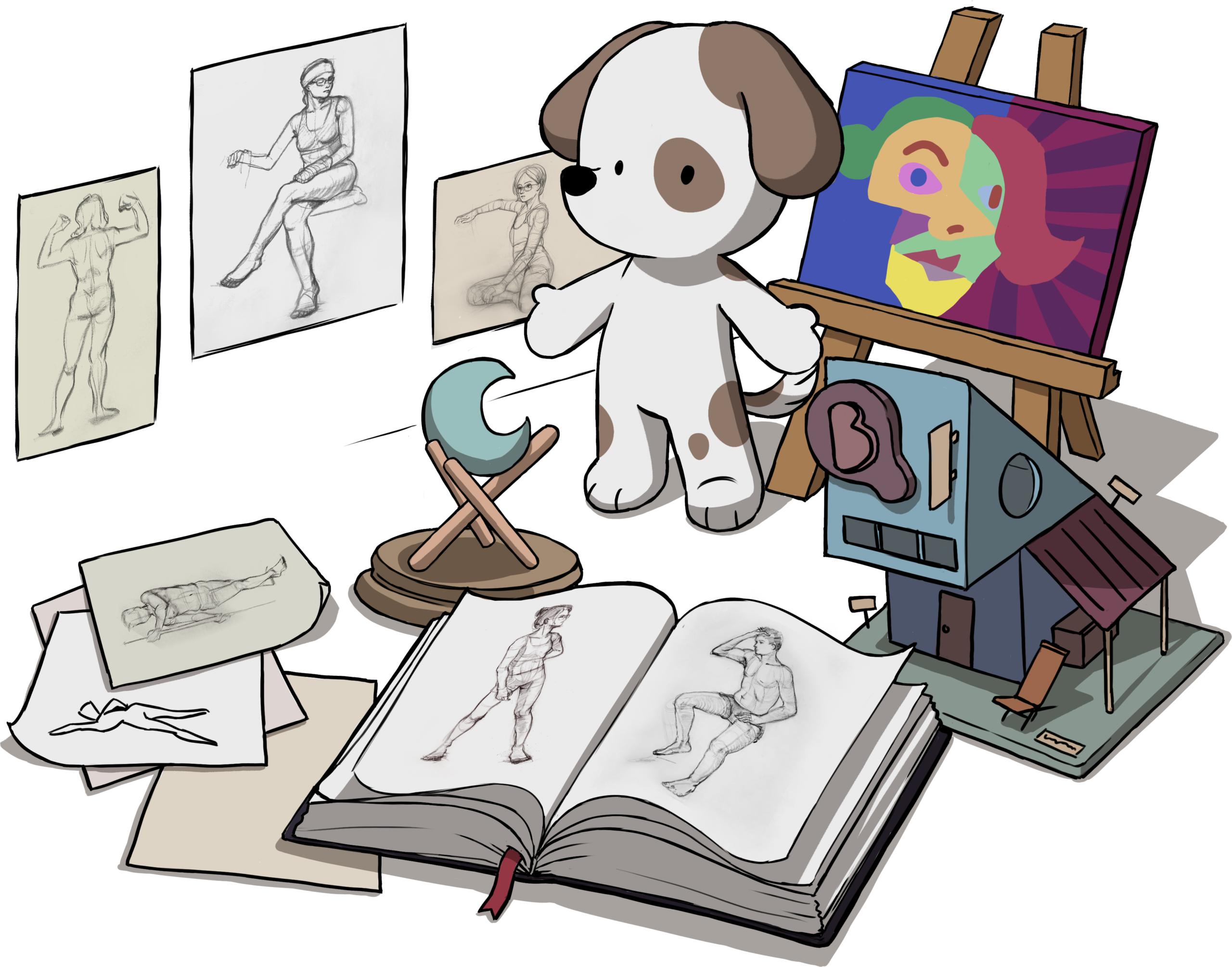







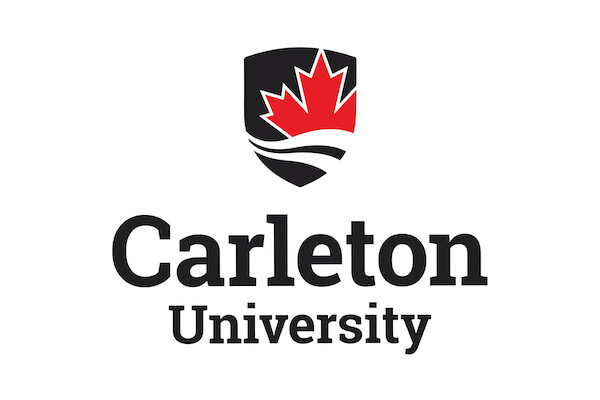





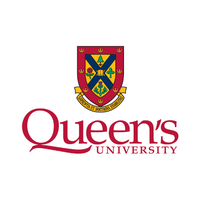



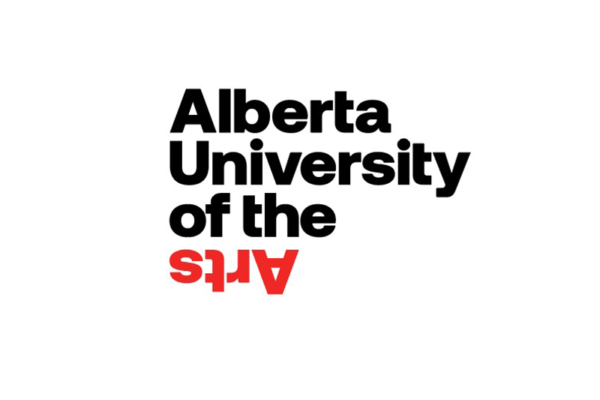




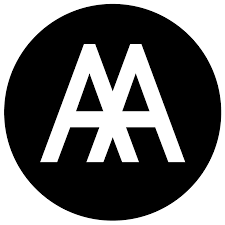







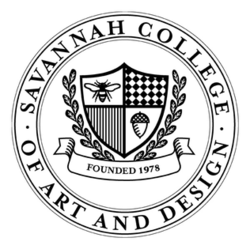







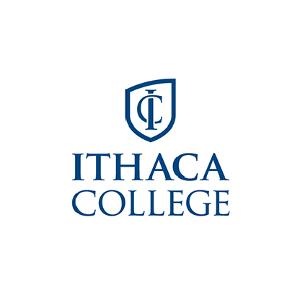







 admin@peacefulartstudio.com
admin@peacefulartstudio.com
